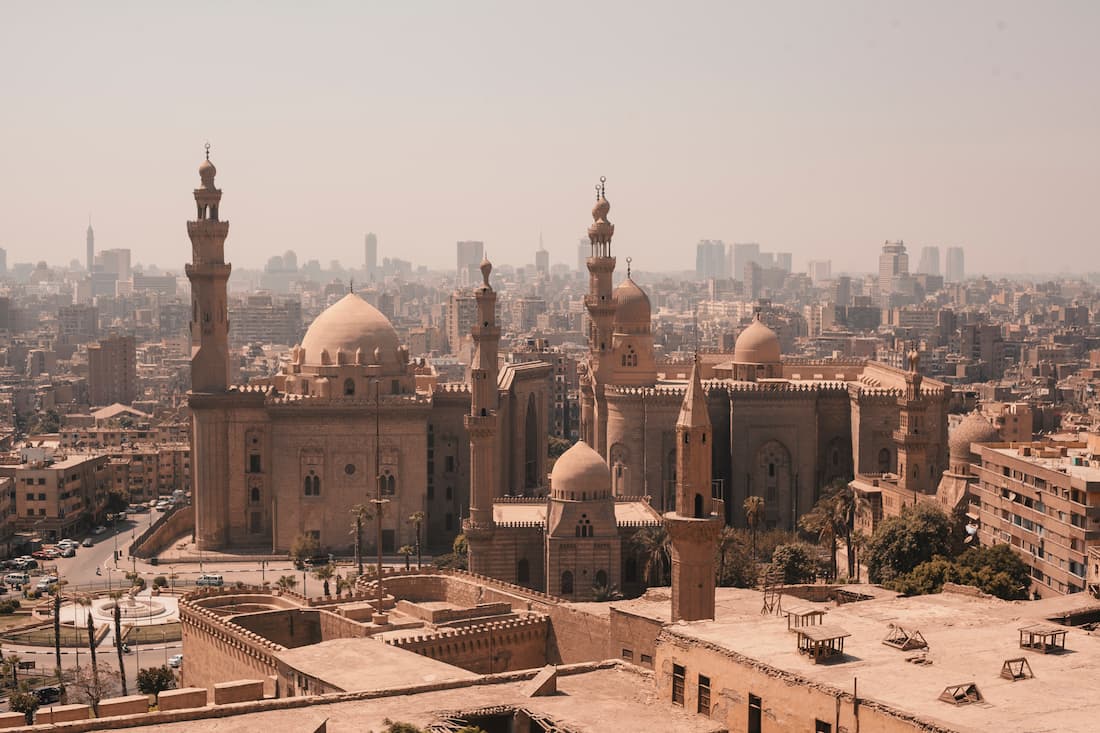What To Know About Driving in Egypt
There’s no getting around it; driving in Egypt can be a hair-raising experience. Drivers don’t necessarily pay attention to road signs, people will overtake even on sharp bends and traffic lights are often out of order.
Yet outside the major cities, taxis and public transport are often hard to come by. So driving is your best bet if you want to see the sights.
It pays to choose a larger hire car such as an SUV or estate since priority is often given based on the size of a vehicle. It’s also advisable to hire a sat-nav because road signs can be scant outside urban areas.
But if you can keep your nerve on Egyptian roads you’ll be rewarded with an adventure you’ll never forget.
Here's what you should know:
Q: Are there toll roads in Egypt?
A: There are more than seven toll roads in Egypt, the main one being the Cairo to Alexandria Desert Road.
Q: What side of the road should I drive on?
A: Cars drive on the righthand side of the road.

Q: What legal requirements should I know about?
A: Seatbelts are mandatory. It is forbidden to use a mobile phone unless it is hands-free. Drivers must carry a first aid kit in the car as well as their driving licence and passport.
Q: What is the blood alcohol limit for driving in Egypt?
A: The legal blood alcohol limit is 0.05%
Q: What is the speed limit?
A: The standard speed limit on inner-city or urban roads is 60 km/h, while on the outskirts and rural roads it is usually 90 km/h and up to 100 km/h on major highways.
Q: Where can I refuel?
A: Petrol stations are open from 8am to 8pm. Be aware that they can be hard to find outside major cities and fill up your tank where possible.
Q: Is there anywhere I can't drive within Egypt?
A: Some roads and areas of the country are off-limits to tourists or require a special permit. This includes much of the Sinai Peninsula as well as areas near the borders with Libya, Sudan and Israel.
Q: Anything else I should know?
A: Traffic lights frequently do not work so watch out for police officers guiding traffic instead. Road signs are usually in English and Arabic but rural roads often have poor signage so it can pay to hire a sat nav if you plan to drive outside major cities. Foreigners are advised to avoid driving at night.